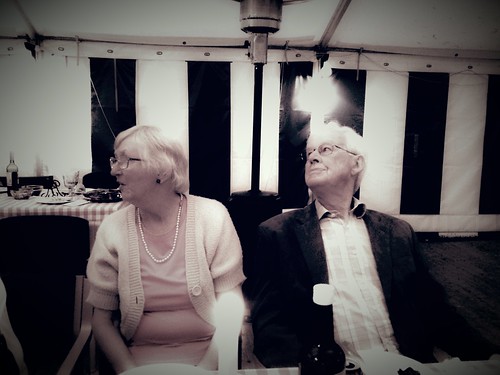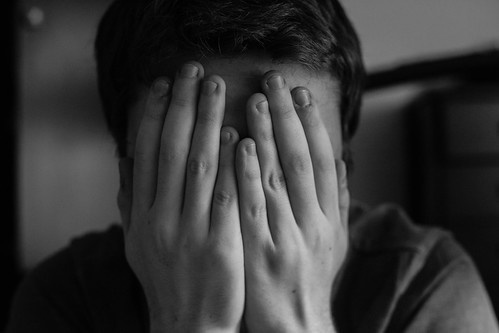This is excellent news for all you runners out there. And for those who don’t incorporate running as part of your regular routine, this might make you dig out your jogging shoes and hit the gym or the track pretty soon.
A study from the British Journal of Sports Medicine compiled data from 232,149 people whose habits were tracked for between 5.5 and 35 years. The researchers found that those who ran had a 27% lower risk of death than people who didn’t run.
Tp be clear, the study doesn’t guarantee that being a regular runner will lower your risk of early death, but it shows that there is definitely a link between the two.
The results of the study also suggest that you don’t need to be an extremely dedicated runner to get some of the health benefits, either. Researchers found that people who run less than 50 minutes per week, only once a week, or at speeds below 6 mph had similar results as intense runners re: early death rates. Non-runners did not.
Željko Pedišić, a co-author of the study, said, “This finding may be motivating for those who cannot invest a lot of time in exercise, but it should definitely not discourage those who already engage in higher amounts of running.”
So if you’re not a serious runner, or your schedule of work, family, kids, etc. doesn’t allow for you to run every day, at least consider getting out for one long jog a week or a few shorter jaunts.
Pedišić says that this also might help with your blood pressure, cholesterol, and keeping cancer and cardiovascular disease at bay.
Get out there and start running!
The post Running Once a Week Is Linked to a Decrease in the Risk of Early Death appeared first on UberFacts.


 #donateblood #nhsblooddonation #savealife #christmas
#donateblood #nhsblooddonation #savealife #christmas


 (@KimmyMonte)
(@KimmyMonte)  #tiistai #opiskelijaelämää #viikinkampus #onlyforscience #sensoryevaluation #probioticbeer
#tiistai #opiskelijaelämää #viikinkampus #onlyforscience #sensoryevaluation #probioticbeer

